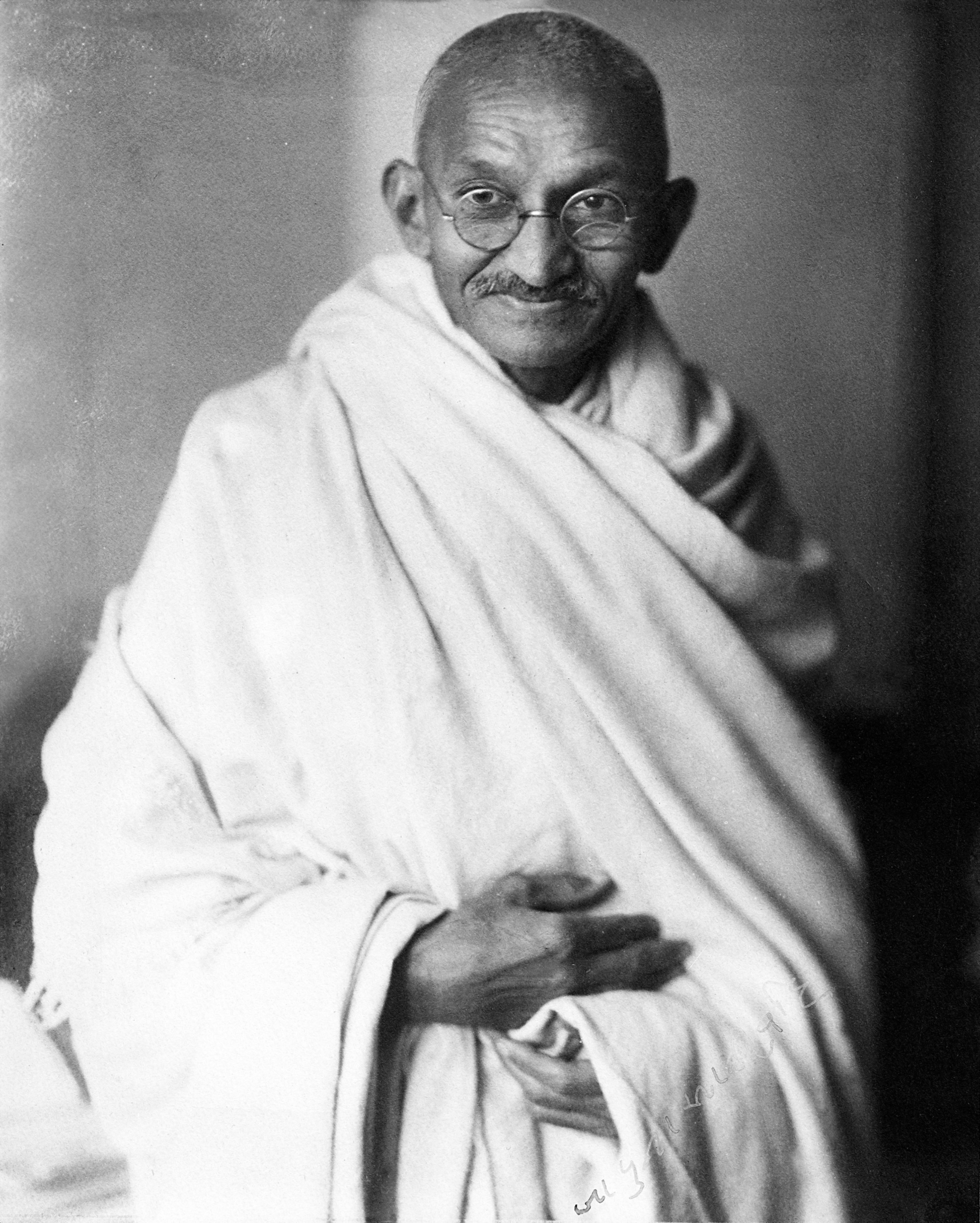Do you feel like you have too much stuff?
Electronics that have not been used for a long time. Old clothes that haven’t been worn in a long time. Old books that haven’t been read for a year…
If you are having the above problems, this is the time for you to start learning about the minimalist lifestyle ( living without unnecessary items, just essential items).
Are you thinking: If I have money, I buy whatever I like… why should I live a minimalist life and give up the things I like?
Actually, you don’t need to do that. Minimalist living is not about throwing away all your belongings and living like you go to a temple to become a monk.
Minimalism is simply focusing on the things we need to focus on (e.g. relationships or experiences) … instead of focusing on stuff. This focus will help you have more experiences, live a more enjoyable life, and become a happier gentleman.
Minimalist living is a lifestyle where people get rid of unnecessary items, live with less stuff, and value material things less.
Simply put: Minimalist people value people and experiences more than material things.
Some typical faces of the minimalist lifestyle
Mahatma Gandhi

Gandhi is a prime example of a minimalist lifestyle.
Mahatma Gandhi, one of the most influential leaders in human history, is a prime example of a minimalist lifestyle. He lives a minimalist life by owning few possessions, spending a lot of time meditating in silence, and eating and drinking minimally.
Gahdi has a great saying: “Live simply so others can live simply.” Or translated another way: Pay less attention to wealth and possessions (living simply), and more concern to the lives of others (letting others simplify their lives).
Leo Babauta

Babauta is a modern minimalist, book author and blogger.
This guy gave up almost all of his assets ( including his car) , ate 100% simple, vegetarian and allowed everyone to reuse his articles for free.
Even if Babauta had the money to buy a lot of things, he wouldn’t buy them … instead, he spent that money on relationships and time to share ideas with people.
Why can all men live minimalist lives?
The Gandhian or Babauta lifestyle sounds a bit ‘suffering’. They choose to live with very few possessions, some people choose to live with very little food, even little money. In general, it doesn’t sound interesting at all.
But here’s the thing: You can absolutely still live a minimalist life and still have a house, a car, a closet full of stuff, technology and things you like. Minimalism doesn’t mean selling your house, car and becoming a vegetarian.
Minimalism isn’t about throwing things away… it’s simply about enjoying things other than material things and understanding that you don’t need material things to be a successful person. That’s the reason any man can live a minimalist life.
Benefit: The freedom of a minimalist lifestyle
There are many benefits of a minimalist lifestyle such as (more space, less loss of things, more comfort)… but the biggest benefit of a minimalist lifestyle is: Freedom
When you live minimally, you receive three freedoms:
Free time for your work and hobbies (because you have less time to worry about other things).
Freedom to save money to go out instead of buying more stuff.
Freedom to experience instead of shopping.
Think simply like this:
You have a lump of money, instead of buying an expensive shirt, you can spend that money going out. Or go to the movies. Or go away for the weekend. When you return, you feel comfortable, the house is clean and tidy.
5 steps to start living a minimalist life
Step 1: Find where your value is?
Minimalist living is about reducing material values, so which value is most important to you? This will depend on each person.

For example: If you place an important value on exercise, you can invest in the gym, buy exercise equipment, hire a PT…. You will not invest in purchasing other items in the house, because you are taking care of your body.
Step 2: Clean up the house
The feeling of giving something to someone else is very interesting. For men, throwing away things seems a bit difficult, but you should practice this. For example, some things you can clean up are:
Desk: Review if there is anything on your desk that is not being used. If not, throw it away.
Email inbox .: Delete all irrelevant emails.
Wardrobe: Give away all your old clothes that you haven’t worn in a long time or that no longer fit you.
Step 3: Limit adding anything to the house
Now you have finished cleaning the house, right? The problem is that because of many different factors (friends, advertising…), you start to feel like you want to buy more of this or that, want to carry more things home.
When you start to feel like this, remember what your life values are? What makes me happy, is it buying things to take home?
Some habits you can practice:
– Think 3 weeks before buying a new item.
– Every time you buy something new, throw away something old.
– Make a list of things to buy and buy exactly those things, don’t buy more.
Step 4: Spend your free time becoming a more ‘manly’ man
Because you already live a minimalist life, you will have more time. You can start pursuing some good habits such as: Learning how to fix electricity, work with wood, and make things around the house yourself. Exercise by going to the gym, jogging or playing some sport. Learn how to cook, fix your own car, play music…
Step 5: Use money for hobbies and experiences – don’t use money to buy things
The ideal lifestyle of a minimalist is to throw everything away and not care about money. But actually it’s not very realistic.
Even if you live a minimalist life, you still need money to survive. Because you live a minimalist life, it doesn’t mean you can’t work and make money. And because you live a minimalist life, you buy less things, so you will have some extra money to do the things you like like: Travel with relatives; Buy gifts for your parents, save for retirement, donate money to a charity…
Finally, I hope you choose a suitable lifestyle for yourself. If you can live a minimalist life, that would be great.
